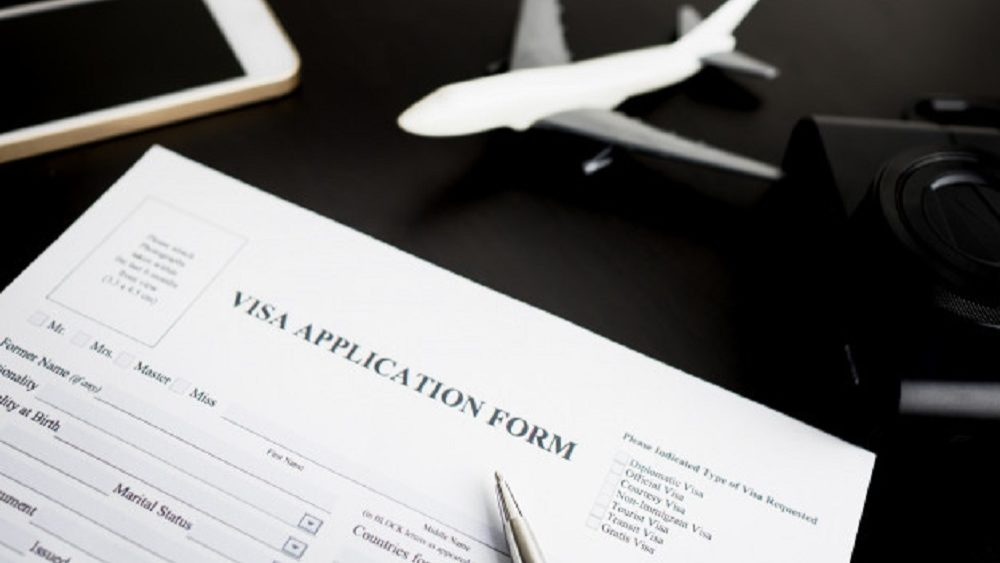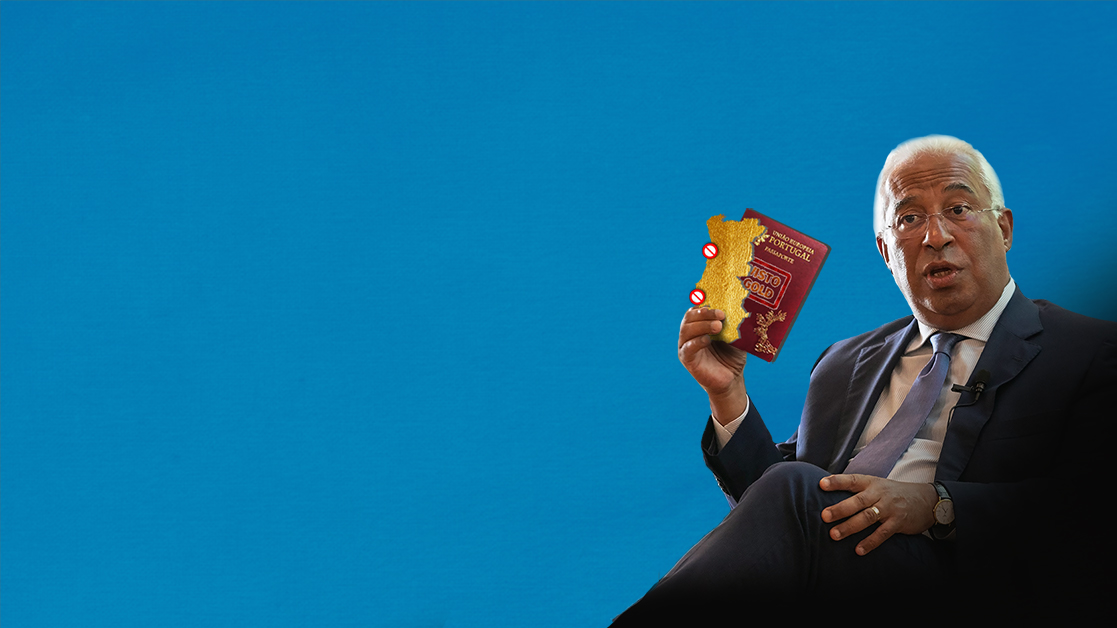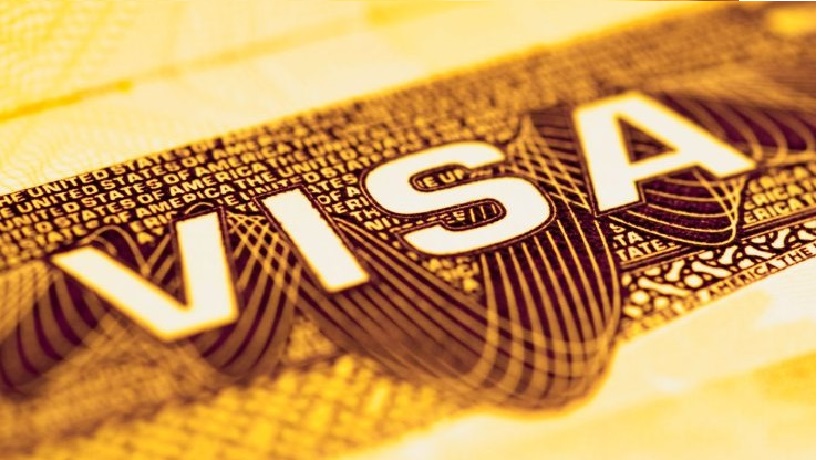Law firms see more demand for Portugal golden visas before rule change
According to law firms operating in Macau and Portugal, demand in Asia for Portugal's golden visas has increased in the run up to changes to the rules that are due to take effect in January 2022.
Representatives of law firms operating in Macau and Portugal have told Lusa that demand in Asia for Portugal’s golden visas – fast-track resident permits for large investors from non-European Union countries – has increased in the run up to changes to the rules that are due to take effect in January 2022.
Under the changes, a purchase of residential property in Lisbon and Porto – for at least €500,000, or €350,000 if a rehabilitation project is involved – no longer makes an investor eligible to apply for a permit.
“We have felt in recent months and we also felt last year, until the start of the pandemic, greater demand from investors,” said Pedro Cortés, a partner at Rato, Ling, Lei & Cortés – Advogados, a Macau-based law firm.
He stressed that while the firm’s office in Portugal has received more expressions of interest in the golden visa or Residence Permit for Investment (ARI) programme, it is “part of the strategy of having an office in Macau that gives us access to the Chinese market, Hong Kong and the market here in South Asia, and we feel from those markets a greater appetite to invest in Portugal.”
Un I Wong, a special consultant at MdME Lawyers in Macau, also said that the proposed change had sparked more interest.
“Since the approval of the 2020 State Budget Law that allowed for a review by the government of the golden visa law we have started to receive requests from clients,” she said, explaining that the interest is mainly in the property market, but also on investment funds, as well as the provision for the transfer of capital to bank accounts in Portugal.
Cortés, for his part, said that there had also been much demand lately for other types of residence permits, because “investors are beginning to understand the market better and have other options [such as] the D2 and D7, which are [for] investments for qualified personnel to be able to establish themselves in Portugal with fewer financial requirements.
“Our immigration area has been very busy”, he summed up.
Until March last year, his office in Macau had been seeing strong growth in requests, but after the pandemic began it decreased significantly, only to see a new upturn now.
“We have not yet returned to the [previous] levels of golden visas, but we have seen a lot of interest for other visas and some end up compensating for the others,” he noted.
Un I Wong, meanwhile, stressed that client interest is likely to become more concrete from the second half of this year.
Portugal’s government is to end the eligibility for golden visas of investors in property in coastal and metropolitan areas, including Lisbon and Porto, on 1 January 2022.
The new rules will ensure that only purchases of residential property located in the Azores, Madeira or in the interior of mainland Portugal are eligible for golden visas.
The legislation also contains changes regarding the required minimum investment, with that for the transfer of capital – one of the alternatives to buying property – rising to €1.5 million from the current €500,000, and that for investment in scientific research activities rising to €500,000 from the current €350,000. To obtain a golden visa by setting up a company or purchasing participation units in investment funds or venture capital funds focused on injecting capital into businesses, the minimum amount will also increase, to €500,000 from the current figure of €350,000.
Over the eight years of existence of the ARI programme, investment from nationals of China had by the end of February this year totalled more than €2.7 billion, with 4,837 residence permits granted, according to figures from Portugal’s Immigrant and Borders Service (SEF). In February of this year alone, investment secured via ARIs totalled €52.3 million, up 13% on the same month of 2020, with nationals of China accounting for €39.3 million, and 73 ARIs were granted to them.
In all, the ARI concession programme, which was launched in October 2012, had until February this year brought in a cumulative €5,724,426,273.03, with the vast bulk – €5,177,461,049.15 – going into property, of which purchases involving urban rehabilitation totalled €288,856,120.15. Investment attracted via the capital transfer criterion amounted to €546,965,223.88.


